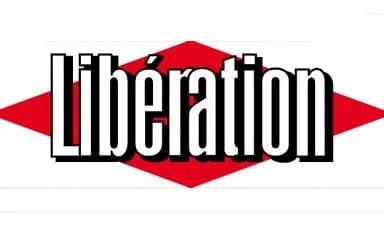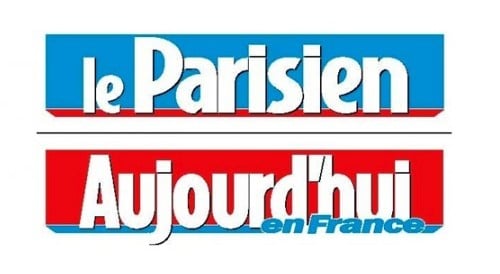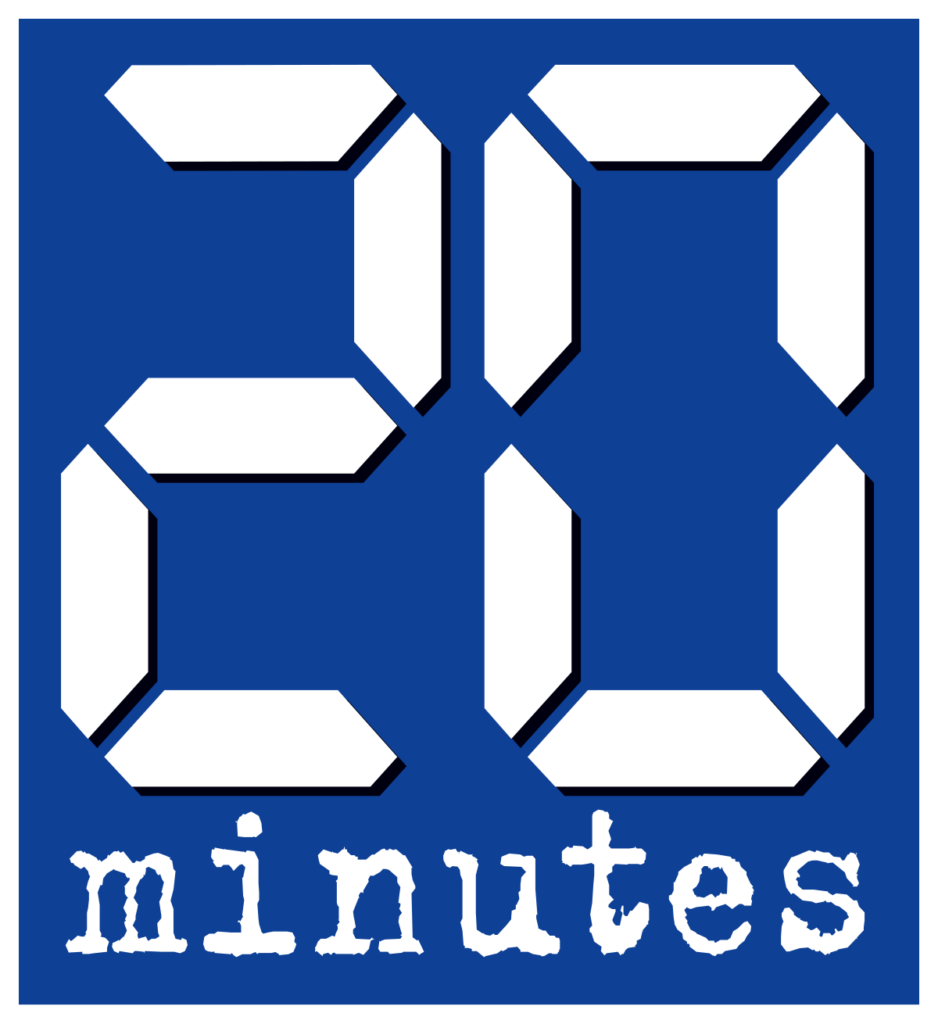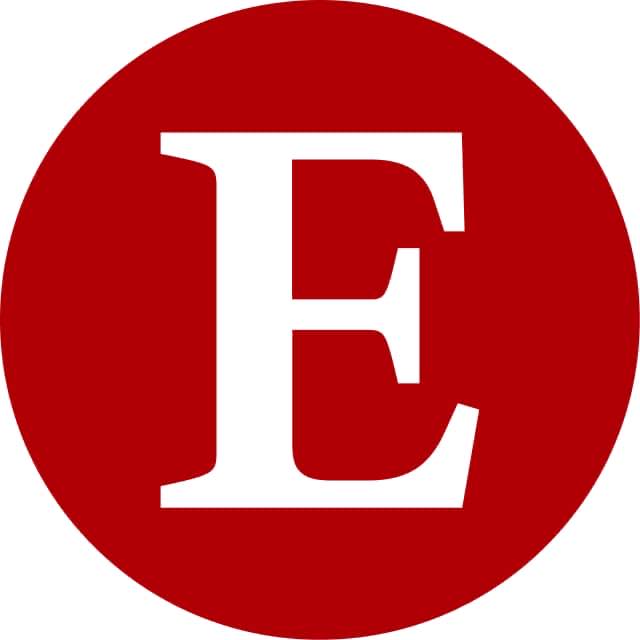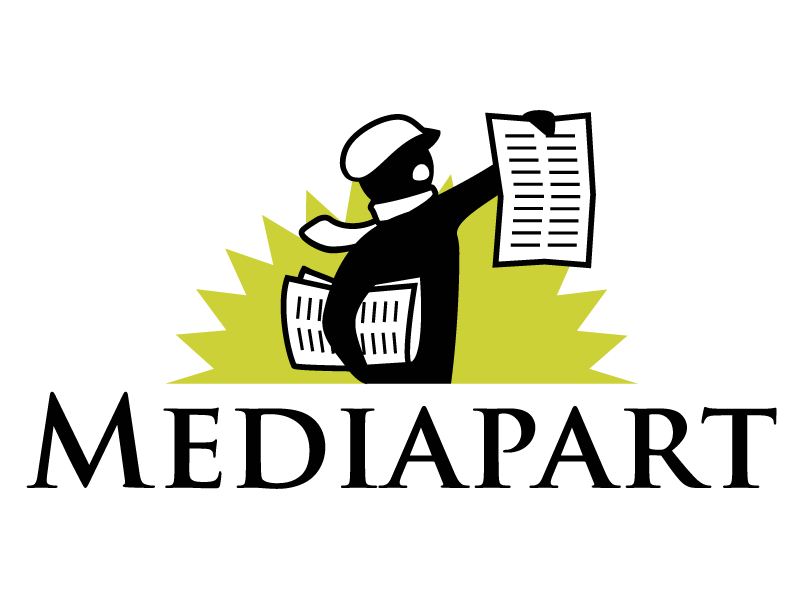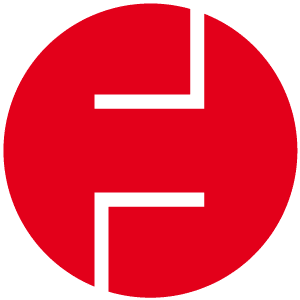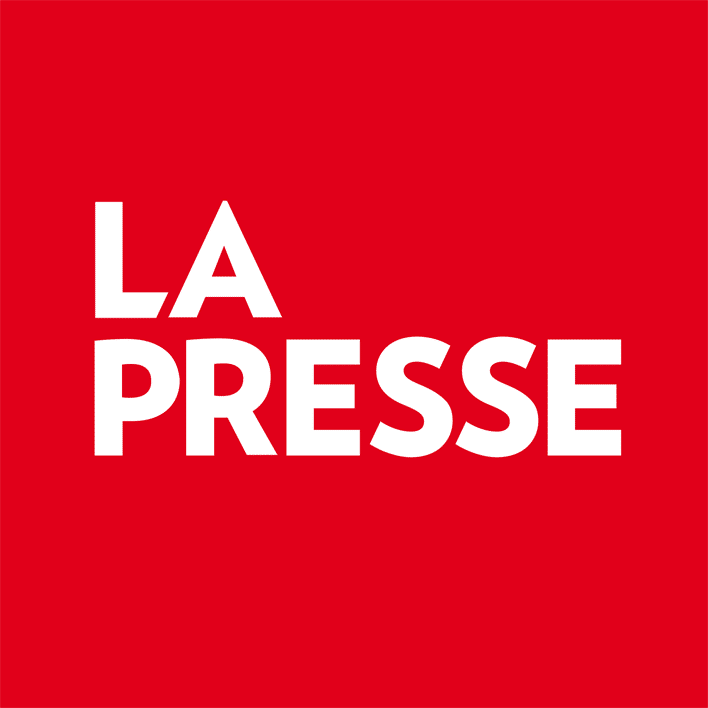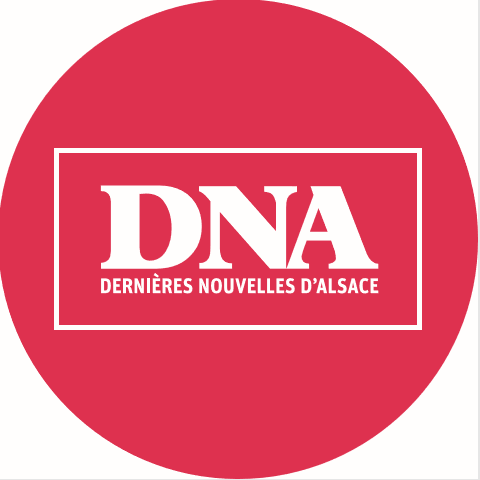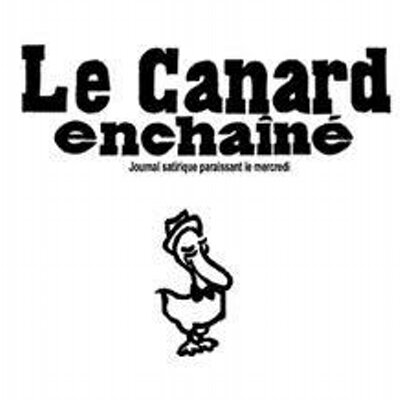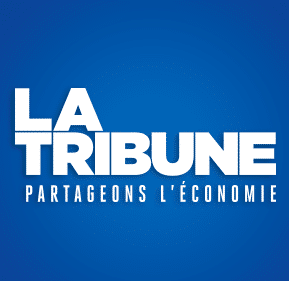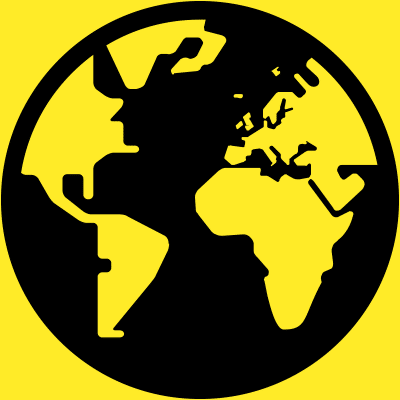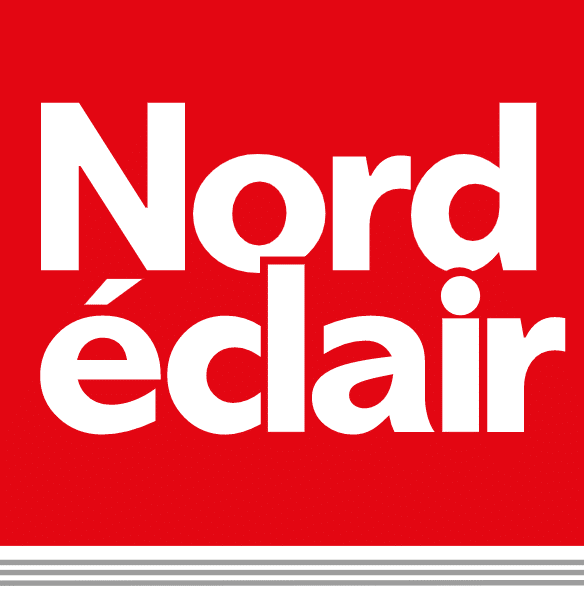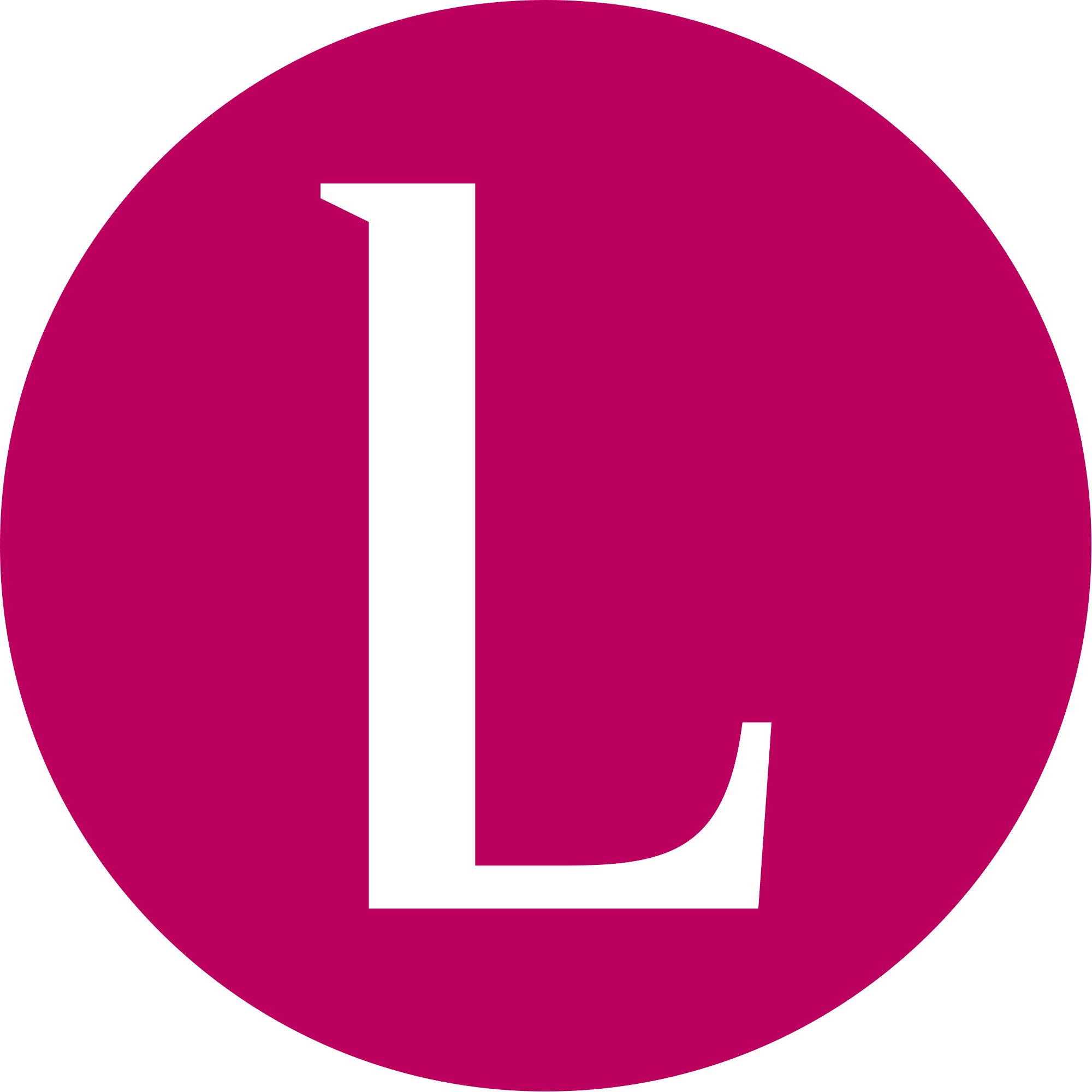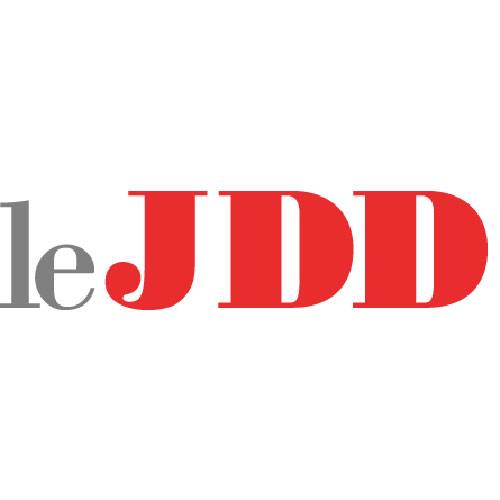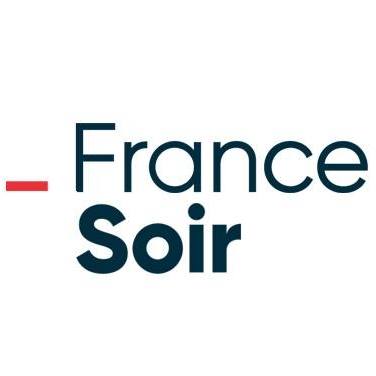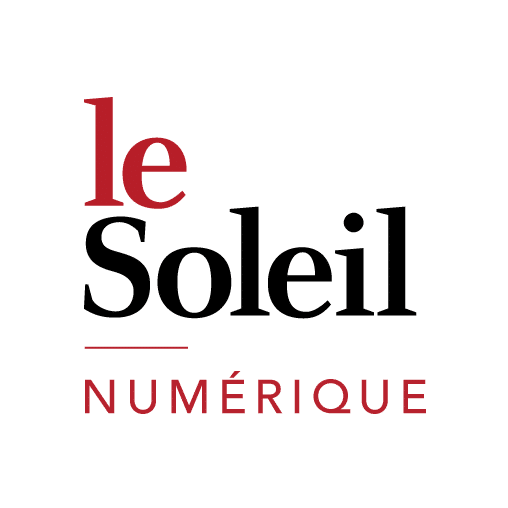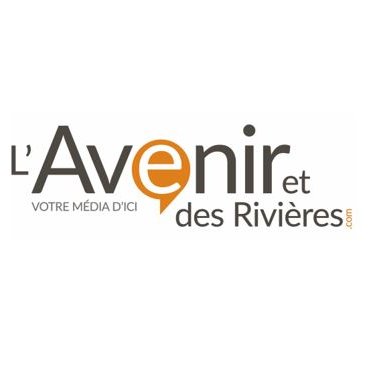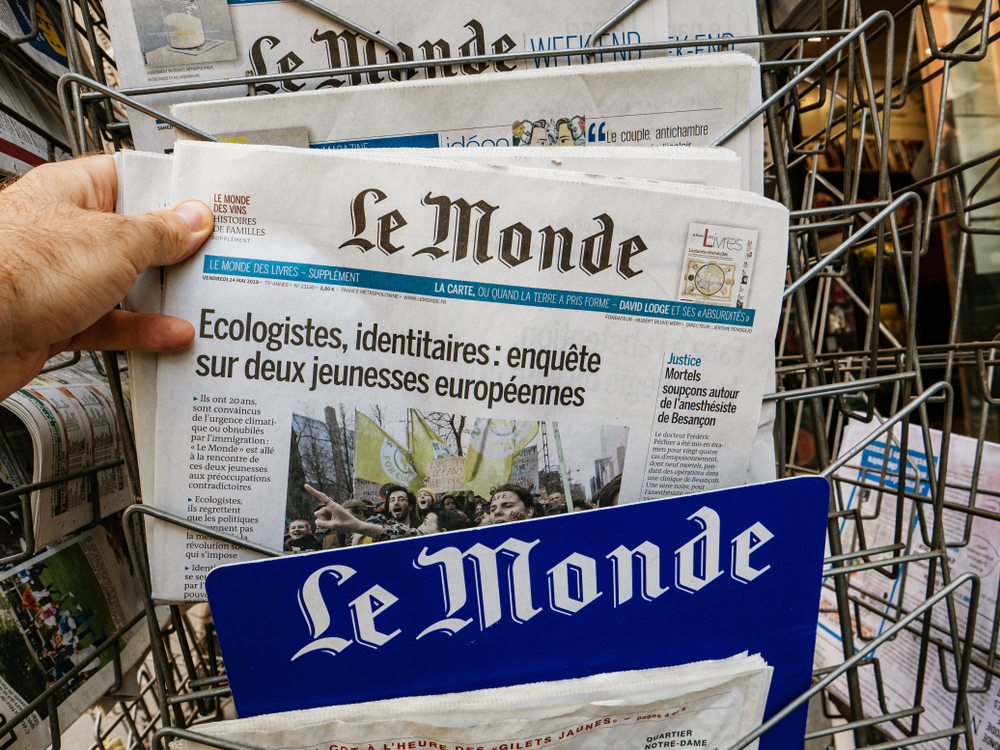
37 Top French Newspapers Plus Key Vocabulary for Understanding the News
Reading French newspapers will teach you all sorts of trending vocabulary—while keeping you updated with what’s happening in the French-speaking world (and beyond).
News junkies know that nothing captivates your attention like a well-written news article.
In this post, you’ll get 37 of the best French newspapers for language learners, as well as some key vocabulary for understanding the news in French.
Contents
- French Newspapers and Online News Platforms
- 1. Le Monde
- 2. Le Figaro
- 3. Libération
- 4. Le Parisien/Aujourd’hui en France
- 5. 20 Minutes
- 6. L’Obs
- 7. L’Equipe
- 8. Les Echos
- 9. Sports.fr
- 10. Mediapart
- 11. La Croix
- 12. Le Point
- 13. L’Humanité
- 14. Ouest-France
- 15. Sud Ouest
- 16. La Presse
- 17. L’Express
- 18. Les Dernières Nouvelles d’Alsace
- 19. Le Canard enchaîné
- 20. Le Progrès
- 21. La Tribune
- 22. Courrier International
- 23. Nord Éclair
- 24. L’Est Républicain
- 25. Le Devoir
- 26. La Libre
- 27. La Montagne
- 28. Le Journal du Dimanche
- 29. Les Dépêches de Brazzaville
- 30. France-Soir
- 31. La Provence
- 32. Le Soleil
- 33. L’Avenir
- 34. Le Temps
- 35. BBC Afrique
- 36. Euronews
- 37. France 24
- Key Vocabulary from French Newspapers
- Common French Phrases from the News
Download: This blog post is available as a convenient and portable PDF that you can take anywhere. Click here to get a copy. (Download)
French Newspapers and Online News Platforms
1. Le Monde
Who it’s for: Learners who want more analytical reporting
Le Monde is one of France’s best-known daily newspapers, and it has been published continuously since 1944.
It’s one of the only remaining newspapers in the country that’s published in the evening, meaning that the following day’s edition hits newsstands in the late afternoon.
The publication’s editorial line is generally center-left, so it’s comparable to an American publication like the New York Times or the United Kingdom’s The Guardian.
2. Le Figaro
Who it’s for: Right-leaning learners
Along with Le Monde, Le Figaro is France’s other most well-known news publication. In fact, the two are often referred to as France’s newspapers of record.
It’s also the country’s oldest newspaper, founded back in 1826 as a satirical publication.
Le Figaro has historically been the standard-bearer of France’s center-right. You can expect to find the conservative take on the most pressing issues of the day in its editorials and opinion pieces.
3. Libération
Who it’s for: Advanced learners
The daily newspaper Libération was started by French philosopher Jean-Paul Sartre and journalist Serge July in 1976.
While the newspaper has long since shed its more revolutionary outlook, it still occupies an important position on the French left.
It’s particularly known for its provocative front pages, traditionally dominated by a large photo and accompanying headline.
4. Le Parisien/Aujourd’hui en France
Who it’s for: Learners who like both news and human interest stories
Le Parisien is a daily newspaper that’s distributed widely in Paris and the surrounding region.
Its sister publication, Aujourd’hui en France, often carries many of the same articles and is available outside the Paris area.
Critics often claim that the publication sensationalizes stories and spends too much time covering the more sordid aspects of French political and social life. However, it would be unfair to compare it to British tabloids.
5. 20 Minutes
Who it’s for: Busy learners
Founded in 2002, “20 Minutes” is a popular free daily newspaper in France, known for its concise format and accessibility.
Originating from a Swiss concept, it quickly became a prominent source of news for urban readers. It covers a wide range of topics, including news, culture and sports.
As a free publication distributed in major cities, it aims to reach a broad audience. Despite occasional criticism for brevity, it has successfully carved a niche as a convenient and widely read source of daily news.
6. L’Obs
Who it’s for: Learners who are passionate about social issues
L’Obs is a French news magazine that has been publishing articles every week since 1950 and remains one of the most well-known publications in France.
The newspaper offers a mix of local news, international coverage and opinion and culture pieces. It’s always been left-leaning, and the founder—Claude Pedriel—even describes its slant as social-democratic and leftist.
A lot of its pieces are actually opinion-based or investigative, with coverage of social issues such as women’s rights, political corruption and state crimes.
7. L’Equipe
Who it’s for: Learners who want more journalistic sports coverage
L’Equipe is a daily newspaper covering sports with a penchant for supporting French athletes in international competitions.
It’s been the home to many of the world’s most venerated sports journalists, such as Jacques Goddet, former director of the Tour de France and Gabriel Hanot, credited for the establishment of the UEFA Champions League.
The newspaper format means that the publication conserves a more journalistic and analytical approach to its coverage than you’ll often find with sports.
8. Les Echos
Who it’s for: Business-minded learners
Founded in 1908, Les Echos was France’s first-ever daily financial newspaper. It’s still quite popular and comes in both digital and physical formats.
Due to its almost exclusive focus on economy and finance, Les Echos’ slant is slightly right of center, and is politically aligned to economic liberalism.
This ideology advocates for free market capitalism, deregulation of the economy, lower taxes and opposition to trade unions. Despite this, Les Echos also covers left-aligned topics such as green technology.
9. Sports.fr
Who it’s for: Learners who are sports fans
With more neutral coverage in French of all international sports, Sports.fr is a well-balanced alternative to L’Équipe.
The site offers a blend of stories on soccer, basketball, rugby and more. You’ll get to brush up on your French sports vocabulary along the way.
Sports.fr offers plenty of news articles about the results, analyses and forecasts of current games. However, it also delves into the personal lives, opinions and scandals of many athletes, with occasional interviews.
10. Mediapart
Who it’s for: Learners who are interested in investigative pieces
Published in French, English and Spanish, Mediapart is an advertisement-free site offering news and investigative reporting.
It promotes independent journalism and is the only popular magazine in France with a section where readers can contribute their own articles.
Mediapart specializes in no-holds-barred investigative journalism. In fact, it rose to prominence because it featured several controversial issues in France, which led to political figures stepping down and even being sentenced to jail.
11. La Croix
Who it’s for: Learners who are members of the Roman Catholic Church
La Croix is one of France’s best-known papers and is published daily. It has historically been affiliated with the Roman Catholic Church.
While in some ways still is affiliated with the Church, it has since eased some of its focus on religion and stylizes itself as a general interest newspaper.
Since it often adopts the stance of the Church on certain issues, it’s safe to say that this newspaper is right-leaning, but is by no means a mouthpiece of conservatism or the Church.
12. Le Point
Who it’s for: Right-leaning learners who want weekly updates on popular news topics
Le Point is one of the most well-known newspapers in France, and its site features continual updates throughout the day.
With a heavy focus on current French President Emmanuel Macron, the site can be a great place to get one’s feet wet in the world of French politics.
Le Point is considered a conservative, center-right magazine that focuses on politics and economics. Its Debats section discusses topics like immigration, cancel culture and the health system in France.
13. L’Humanité
Who it’s for: Left-leaning learners
Founded in 1904, L’Humanité (Humanity) originated as a newspaper for the French Communist Party.
While it has had a turbulent history, its circulation still reached 40,000 in 2020. The publication leans pretty far left.
It was once believed that this newspaper survived the Cold War with donations from the Soviet Union itself. As expected, much of its coverage focuses on current events, corruption, human rights and rampant capitalism.
14. Ouest-France
Who it’s for: Learners who want local news from specific French regions
Ouest-France (West France) started off covering the western French regions of Pays de la Loire, Brittany and Lower Normandy.
Currently, it has 47 distinct editions across 12 French regions—east, west, north and south—and is estimated by some to be the most-read newspaper in France with over 2 million readers.
Being a high-circulation publication, Ouest-France often treads the line of political centrism. It has historically been pro-European Union and is considered slightly right-wing because it’s affiliated with European Christian democracy.
15. Sud Ouest
Who it’s for: Learners who are interested in the southwest regions of France
In the same way Ouest-France is a newspaper from the western regions of France, Sud Ouest is from the southwest (hence the name).
It was founded in 1944 in Bordeaux, and today it mainly serves Gironde, the Pyrénées Atlantiques, Dordogne, Lot-et-Garonne, Charente and Charente-Maritime.
Sud Ouest has an opinion section where commentators from all along the political spectrum contribute. On the whole, it’s politically neutral and doesn’t predominantly lean in one direction or the other.
16. La Presse
Who it’s for: Canadian French learners who are interested in Quebec news
La Presse (The Press) comes from Montréal, Canada and today can be found exclusively online. It’s one of the largest newspapers in Québec.
The publication features different columnists of varying political leanings, and over the years has supported legislation from all across the political spectrum.
For example, it has been a supporter of both Canada’s Conservative Party and Liberal Party at differing times.
17. L’Express
Who it’s for: Canadian French learners who want to know more about Toronto and Ontario
L’Express (formerly L’Express de Toronto) caters to French speakers in Toronto, Canada as well as Francophone communities in the province of Ontario.
Due to the French language’s minority status in Ontario, the newspaper often takes a pro-French stance, supporting candidates that promise funding for French-language services and education.
Recently, this has meant that L’Express has not been supportive of Ontario’s ruling Conservative Party who have slashed funding for such areas in recent years.
18. Les Dernières Nouvelles d’Alsace
Who it’s for: Learners who are interested in the Alsace region
Les Dernières Nouvelles d’Alsace (The Latest News from Alsace) focuses on the French region of Alsace.
Alsace has historically spoken French and a dialect of German similar to Swiss German, so this newspaper was also published in Standard German until 2012.
Due to the unique culture of the Alsace region, this newspaper has often had a pro-Alsace stance, sometimes being supportive of pro-Alsace candidates and those who seek to preserve the unique culture and status of the region.
19. Le Canard enchaîné
Who it’s for: Learners who enjoy satire
The word canard (duck) is also slang for “newspaper,” and enchaîné means “chained.” This is a nod to the French government’s censorship campaigns when the newspaper was founded during World War I.
Today, this newspaper’s primary purpose is satire and commentary, and it enjoys quite a large readership in France.
It mocks and criticizes political candidates and parties of all stripes. The newspaper doesn’t accept any advertisements, and it has often been exceptionally critical of the clergy and upper class.
20. Le Progrès
Who it’s for: Learners interested in the Rhône-Alpes region of France
Le Progrès (The Progress) is a regional paper that was founded in 1958. It focuses on news and happenings related to the Rhône-Alpes region of France.
It reports widely on happenings in the region and has columns and commentaries from contributors of all political leanings.
It did feature prominent journalist René Diaz who wrote for the newspaper for 30 years. Diaz’s work focused on the trials of former Nazis.
21. La Tribune
Who it’s for: Learners who want business and financial news
The focus of this newspaper is business and the economy with its slogan being partageons l’économie (let’s share the economy).
It had to be bailed out by the French government on two separate occasions, and in 2012, it switched to a weekly format.
The slant of this newspaper is fiscally conservative, given that it focuses primarily on business and the economy. However, the opinion section is open to commentators who identify with various political ideologies.
22. Courrier International
Who it’s for: Learners who are looking for diverse international news
Courrier International (International Mail) is published in French, Portuguese and Japanese. It even collects and republishes excerpts from over 900 newspapers around the world.
News stories are often reported from multiple angles, allowing readers to get a well-rounded and complete view of a given situation.
The newspaper found itself in hot water, however, when it published a marketing campaign that featured shortened Twin Towers with the slogan apprendre à anticiper (learn to anticipate).
23. Nord Éclair
Who it’s for: Learners interested in areas along the France-Belgium border
Nord Éclair (North Lightning) is headquartered in the northern city of Roubaix, France.
Right along the border with Belgium, Nord Éclair relays news for the French region of Nord. It also has a Belgian edition.
There are commentators from time to time that take a stance on a particular issue, but Nord Éclair is pretty neutral most of the time. It covers local stories fairly evenly, and even local elections are reported on without much endorsement.
24. L’Est Républicain
Who it’s for: Learners who want a balanced political perspective
L’Est Républicain (The Republican East) was founded in 1889 with the goal of opposing a French conservative quasi-dictator, George Boulanger.
It later created the first Braille newspaper in Europe and acquired other local publications in its home region of Meurthe-et-Moselle.
L’Est Républicain has been all over the political spectrum over the years, with a particular focus on French sovereignty. In recent years, it has maintained a somewhat balanced approach, taking on commentators from all political positions.
25. Le Devoir
Who it’s for: Canadian French learners who support the independence of Québec
Le Devoir (Duty) comes from Montréal, Canada and was founded in the name of Québec nationalism and separatism.
It was very supportive of this position during the referendums that would make Québec an independent country during the 1980s and 1990s. Though that has softened over the years, the newspaper continues to support the recognition and inclusion of French-speaking people in Canada.
Today, it has taken a more left-wing stance advocating for pacifism, minimal military intervention abroad and social democracy.
26. La Libre
Who it’s for: Learners who want to learn more about Belgium, especially Brussels
La Libre (The Free) is published in Belgium. It was founded in 1884 under the name Le Patriote (The Patriot).
Today, La Libre is published six days a week, and it’s one of the top-selling French newspapers in Belgium.
When it was first published, Le Libre was known for its right-wing and Christian stance. While it has become more liberal over the years, it’s still considered to be more right-leaning than other major Belgian newspapers such as Le Soir.
27. La Montagne
Who it’s for: Left-leaning learners
La Montagne (The Mountain) is a daily regional newspaper founded in the Auvergne-Rhône-Alpes region of France, a place known for lakes, rivers and mountains.
However, its name is actually a nod to a political movement in France called The Mountain, one of the major groups during the French Revolution.
The name was selected to show its alignment with the Revolution’s traditional values. It has further been described as an independent and socialist publication.
28. Le Journal du Dimanche
Who it’s for: Learners who are curious about Paris or surrounding areas
Le Journal du Dimanche (The Sunday Journal) was founded in 1948 and is headquartered in Paris, France.
Due to its weekly nature, it’s often seen as a “Sunday round-up” of major news stories from France and around the world. There’s a heavy focus on politics and the economy, though.
It tends to lean a little more right but is largely seen as a neutral publication, reporting on happenings from various perspectives and employing commentators from multiple political positions.
29. Les Dépêches de Brazzaville
Who it’s for: Learners who are interested in African French
This newspaper is headquartered in Brazzaville in the Republic of the Congo where media is heavily censored.
For example, during the 2009 national elections, journalists from major worldwide news agencies were harassed and assaulted by government forces for their coverage.
As such, print media is filtered through the government before publication. Les Dépêches de Brazzaville offers a rather positive view of the government and the state of the country, ignoring much of the reality and hardship that the everyday Congolese face.
30. France-Soir
Who it’s for: Learners who prefer a non-mainstream perspective on news
France-Soir (France Evening) was founded as an underground newspaper in World War II when France was solidly occupied by German forces.
Following declining readership, the newspaper was relaunched as an online-only enterprise in 2013. It has adopted various political leanings over the years, but today it can be described as predominantly right-wing.
Recently, it was accused of publishing conspiracy theories related to the coronavirus pandemic. In fact, NewsGuard has said that the newspaper no longer adheres to widely accepted journalistic standards.
31. La Provence
Who it’s for: Left-leaning learners interested in Marseille and other areas in southeastern France
La Provence is published in Marseille, France and focuses primarily on local news in the Marseille and Provence-Alpes-Côte d’Azur region.
Its founder, former businessman and politician Bernard Tapie, was a member of the Parti radical du gauche (Radical Party of the Left) and has been accused of swaying the direction of the newspaper based on his political views.
That said, the newspaper does have an opinion section, and writers from all political positions have written for the paper.
32. Le Soleil
Who it’s for: Learners who want a glimpse of contemporary urban life in Quebec
Le Soleil (The Sun) is a daily newspaper based in Québec City, Canada. It’s a fairly local publication, available on newsstands mostly in Québec City, Montréal and Ottawa.
Being originally a newspaper for the Liberal Party of Canada, it’s safe to say that this newspaper politically leans to the left.
The newspaper did officially cut ties with the Liberal Party back in 1957, but it still retains its strong ties of liberal thought and left-wing politics.
33. L’Avenir
Who it’s for: Learners who are curious about local news in specific parts of Belgium
L’Avenir (The Future) is was originally founded in Namur, Belgium in 1918.
Today, the newspaper publishes nine distinct editions for various French-speaking locations in Belgium. It features news stories and opinion pieces specific to whichever region the edition is for.
While a predominant political position isn’t apparent across all nine editions, it does hold a pro-French stance because it’s in the French-speaking region of Belgium.
34. Le Temps
Who it’s for: Learners who want to practice Swiss French
Le Temps is the only newspaper on this list to come from Switzerland. It’s published in Lausanne, Switzerland and is the only nationwide French daily newspaper in the country.
It brings together the writing of over 100 columnists and reporters throughout Switzerland, Europe and the world.
Le Temps is often regarded as a politically centered newspaper. As such, it treads the line between the two political positions rather successfully, though it has sometimes been called a socially liberal newspaper.
35. BBC Afrique
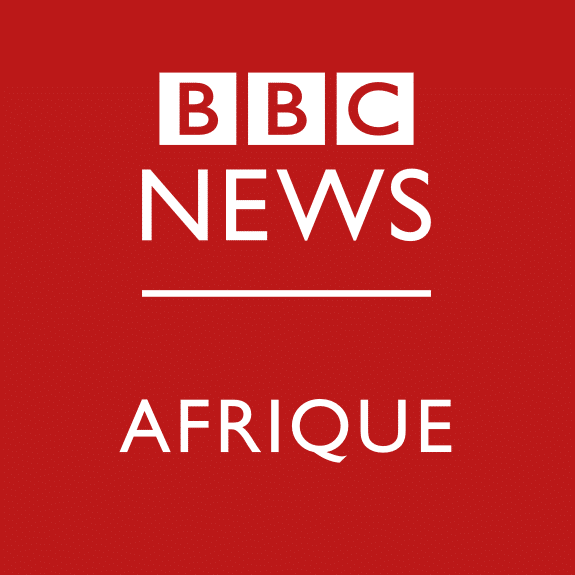
Who’s it for: Learners interested in world news with a focus on Africa
BBC Afrique, the French-language extension of the BBC World Service, primarily operates as a digital platform and broadcast service.
Launched to provide accurate and impartial information to Francophone audiences, it maintains the BBC’s renowned standards. It covers a wide range of topics, ensuring a balanced view of global events with a focus on Africa.
BBC Afrique is celebrated for fostering informed discussions and promoting media literacy across French-speaking regions and has been a trusted source of news since its inception.
36. Euronews

Who it’s for: Learners who want to read the news in multiple languages
Euronews is another news source that delivers content through online platforms as well as TV programming.
With a mission to provide a European perspective on global events, it caters to a diverse audience and broadcasts news in multiple languages, including English, French, German, Spanish and others.
Its commitment to presenting facts without bias positions it as a reliable source for international news, appealing to viewers seeking a comprehensive understanding of global affairs from a European standpoint.
37. France 24
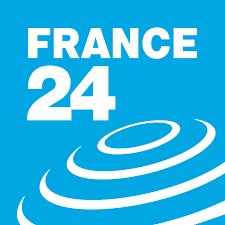
Who it’s for: Learners who want unbiased, straightforward and factural reporting
Launched in 2006, France 24 is a state-owned international news channel offering 24/7 coverage in French, English and Arabic.
Established to counterbalance English-dominated global news, it upholds a commitment to editorial independence, aiming to bridge cultural gaps and provide insights from a French viewpoint.
While publicly funded, it aims to present diverse perspectives on world events, encompassing a range of political opinions. Its multimedia platform and diverse programming contribute to its reputation as a respected global news outlet.
Key Vocabulary from French Newspapers
Here’s some of the key vocabulary you should know to better understand the news in French:
| French | English |
|---|---|
| les nouvelles | the news |
| l'actualité / les actualités | the news (current affairs/recent events) |
| à la une | on the front page |
| les titres | headlines |
| selon... | according to... |
| à mon avis... | in my opinion... |
| un sondage | an opinion poll |
| la petite annonce | a little announcement (generally refers to classified ads in the last pages of a newspaper) |
| un quotidien | a daily publication |
| un bimensuel | a publication that appears twice a month |
| un hebdomadaire | a weekly publication |
| un mensuel | a monthly publication |
| un abonnement | a subscription |
| un agresseur inconnu a utilisé une arme | an unidentified assailant used a weapon |
| une arme blanche | a knife (literally: "a white weapon") |
| un pistolet | a handgun |
| un flingue | a handgun (informal term) |
| l'économie | the economy |
| le chômage | unemployment |
| une coupure de courant | a power outage |
| une émeute | a riot |
| l'Hexagone | refers to the country of France |
| hexogonal | French/national (ex: le gouvernement hexagonal means "the French government") |
| la météo | the weather forecast |
| une canicule | a heatwave |
| un incendie | a fire |
| une inondation | a flood |
| un ouragon | a hurricane |
| un séisme | an earthquake |
| le réchauffement climatique | global warming |
Common French Phrases from the News
In addition to the single terms and shorter phrases above, there are some common longer phrases that might pop up when you’re reading French newspapers.
- Les actions pourraient dégringoler. (The stocks could take a tumble.)
- La reprise économique a été timide jusqu’à maintenant. (The economic recovery has been slow so far.)
- L’économie s’essouffle. (The economy is running out of steam.)
- Il y a une agitation sociale en… (There is social unrest in…)
- Ce ne sont sans doute que des paroles en l’air. (These are probably just empty words.)
- Il y a encore du chemin à parcourir. (There’s still a way to go.)
- Cela porte un coup sévère à… (This is a serious blow to…)
- C’est un grand pas en avant. (This is a big step forward.)
Whether you’re into current events, finance, sports or even gossip, you have a lot of choices for French newspapers—and they’re all available online.
If you’re still starting out with French, you can also ease into reading news with this beginner-friendly guide.
You can also practice with French news clips on FluentU, which breaks down each video for you with learning tools like interactive subtitles, transcripts and flashcards.
Other sites use scripted content. FluentU uses a natural approach that helps you ease into the French language and culture over time. You’ll learn French as it’s actually spoken by real people.
FluentU has a wide variety of great content, like interviews and web series, as you can see here:

FluentU brings native videos within reach with interactive subtitles.
You can tap on any word to look it up instantly. Every definition has examples that have been written to help you understand how the word is used.

For example, if you tap on the word "crois," you'll see this:

Practice and reinforce all the vocabulary you've learned in a given video with FluentU's adaptive quizzes. Swipe left or right to see more examples for the word you’re learning and play the mini-games found in the dynamic flashcards, like "fill in the blank."

As you study, FluentU tracks the vocabulary that you’re learning and uses this information to give you a 100% personalized experience.
It gives you extra practice with difficult words—and reminds you when it’s time to review what you’ve learned.
Start using the FluentU website on your computer or tablet or, better yet, download the FluentU app from the iTunes or Google Play store. Click here to take advantage of our current sale! (Expires at the end of this month.)
When you’re ready to dive in, choose a French newspaper, binge on the latest happenings and improve your French all at the same time!
Download: This blog post is available as a convenient and portable PDF that you can take anywhere. Click here to get a copy. (Download)


